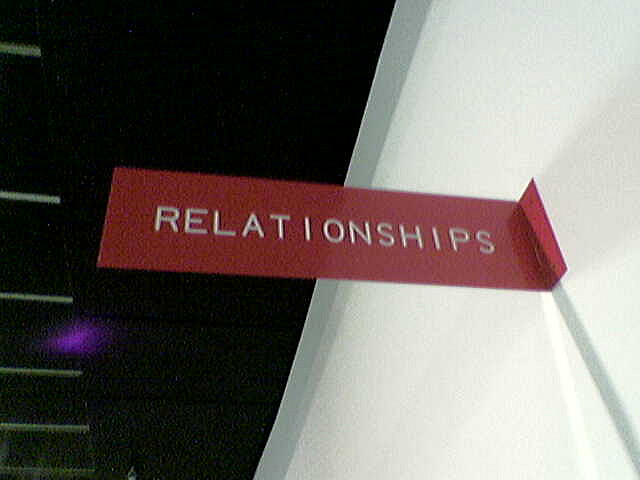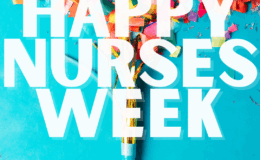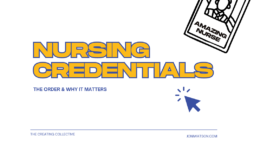Each hospital has its own culture – a mixture of the city, the people, artistic and political movements, and area businesses. Even hospitals within the same city have different cultures thanks to the leaders within those organizations and their backgrounds and viewpoints. Academic hospitals feel different than community hospitals. Organizational behavior is fascinating, especially in health care.
There are around 400 major teaching hospitals in the U.S. So, with 5,723 total hospitals nationwide, that means most people are likely to receive care in a community hospital rather than an academic center. Yet, “community hospital” often has a negative connotation among many, as if there is some teaching-hospital snobbery that only those facilities are worthy to provide care. Sure, major teaching hospitals are centers of massive research and up-to-date science. However, community hospitals deliver exceptional care throughout the nation and are doing some wildly innovative things that large teaching institutions could never do as a result of their bureaucratic red tape and flaming hoops of often unnecessary-and-frustrating process.
Don’t get me wrong; I love major teaching centers. They are brilliant beacons of light in our national healthcare system. All-in-all, though, community hospitals have my heart. The community sometimes get lost, but when community culture meets community health care, amazing things happen.
You see, community is something we assess in healthcare all the time. Nurses continuously document mothers’ bonding with their newborns and family members and friends at patients’ bedsides. We notice eye contact or lack thereof and chart about affect and social assessment questions to protect patients from themselves or others. We have entire teams of professionals to help patients when they feel all alone, so we can help them belong and be productive members of society. Relationships are part of health and well-being; there’s no way around that. Community is relationship. Community hospitals aren’t made up of strangers. No, the great ones are filled with relationships; and I’m not just talking about doctor-nurse or supervisor-subordinate relationships. I’m talking about our-kids-play-basketball-together relationships and yeah-my-doctor-is-my-neighbor relationships and I-knew-that-physical-therapist-when-she-was-yea-high relationships and that-small-business-owner-helped-build-our-new-clinic relationships. It’s an incredible sense of belonging that promotes health care.
What a concept.
Have we lost too much of the community – the relationship-building and maintaining – that’s possibly assisting in the erosion of health care?






